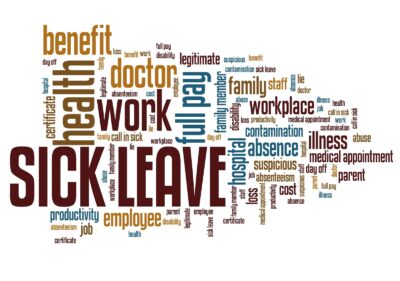Retaining Personnel Files | Consensus HR | Herts, Beds,
Our Latest blog: Keeping Hold of Personnel Files
What is the right time period for keeping an individual’s HR records?
The Consensus HR team is often asked about personnel files. Queries include what data should be kept and how long for, referring to employees and ex-employees.
The answer? This is such a diverse area that varies according to different aspects of HR. Requirements differ between recruiting new employees, disciplinary & grievance records or performance reviews, for example.
The Data Protection and Digital Information Bill intends to make provision for the processing of and accessing of personal information. Currently being reviewed by the House of Lords, this legislation may achieve Royal Ascent later this year (2024).
For now, the Employment Practices Data Protection Code, published by the Information Commissioner’s Office (ICO), is HR professionals’ reference point. It provides guidance on compliance with the Data Protection Act 2018. Originally produced in 2011, the ICO states that the code remains useful and relevant. It says that employers should “Only retain information on records that is still needed,” and should “eliminate personal information that is no longer of any relevance, once the employment relationship has ended.”
HR Record Retention: The Reality
The key factor is that detailed records should be kept only as long as is necessary for the original purpose for which they were created. The Chartered Institute of Personnel offers a comprehensive summary of requirements (see ‘Retention of HR Records’).
Employers should establish and adhere to standard retention times for different categories of records. Organisations can set their own retention periods based on business need and considering relevant professional guidelines. Recommended retention periods are:
- National Minimum Wage records must be kept for six years after the pay reference period that follows the pay period that they cover.
- Payroll wage/salary records (also overtime, bonuses, expenses) must be kept for three years from the end of the tax year to which they relate.
- Grievance records – the ICO recommends the requested information is retained for a minimum of six months after any internal review provided it is clear that no further action will take place. However, if further action seems likely, a year or longer may be advisable.
A brief record of the grievance may be retained after detailed records are removed from an individual’s personal file. This includes information such as:
- Nature
- Relevant dates
- Investigation
- Type of resolution that was reached
Where possible all information about former workers should be kept anonymously. You may need to keep data after the termination of employment for the purposes of defending possible tribunal and court claims. In these circumstances, the time limits for bringing claims will inform the retention period.
Employers should ensure that information is not retained for longer than is necessary without justification. Plus, when information is destroyed, this must be done securely.




Information within HR Records
The Consensus HR team advises our clients to keep a personnel record for every employee containing the following details:
- Name
- Address
- Date of birth
- Sex
- Education and qualifications
- Work experience
- National Insurance number
- Tax code
- Details of any known disability
- Emergency contact details
- Employment history with the organisation
- Employment terms and conditions (e.g. pay, hours of work, holidays, benefits, absence)
- Any accidents connected with work
- Any training taken
- Any Disciplinary / Grievance action
To Summarise:
Would you like to ensure you are keeping the right details of your employees?
Are you confident you are complying with the legal retention requirement?
Contact the friendly experts at Consensus HR. Employment law is one of our specialist areas. Let’s arrange an initial discussion without obligation.





































